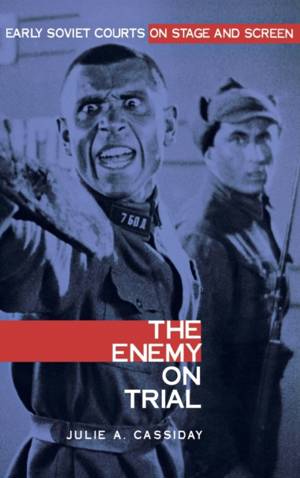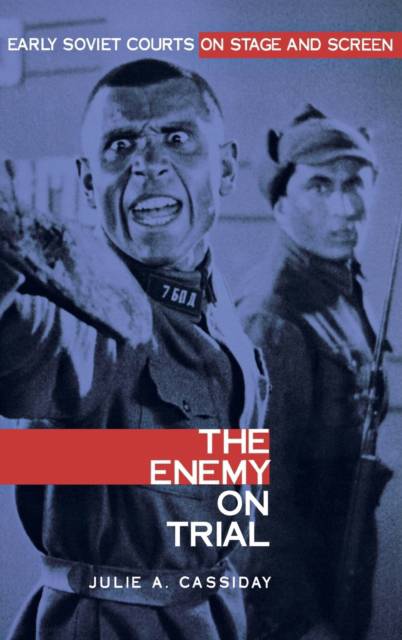
- Retrait gratuit dans votre magasin Club
- 7.000.000 titres dans notre catalogue
- Payer en toute sécurité
- Toujours un magasin près de chez vous
- Retrait gratuit dans votre magasin Club
- 7.000.0000 titres dans notre catalogue
- Payer en toute sécurité
- Toujours un magasin près de chez vous
Description
Attempting to indoctrinate the public into a new society, the Bolsheviks staged show trials--legal trials that incorporated theatrical elements such as coached defendants, memorized scripts for confession, and grueling interrogatory rehearsals. The genre of legal spectacle, whose origins lay in Soviet theater and cinema of the 1920s, moved from mass public spectacles to the courtroom, as the Bolsheviks sought to effect ever- greater social change.
In this intriguing interdisciplinary study, literature scholar Cassiday shows how Soviet show trials deliberately used avant-garde drama and cinema to educate the citizenry about the new social order. She examines how elements of theater and film were incorporated into Soviet courtrooms, turning public trials into vehicles for propaganda. Drawing on a variety of popular media from the 1920s, she reveals the origins of the show trials.
Spécifications
Parties prenantes
- Auteur(s) :
- Editeur:
Contenu
- Nombre de pages :
- 270
- Langue:
- Anglais
- Collection :
Caractéristiques
- EAN:
- 9780875802664
- Date de parution :
- 01-08-00
- Format:
- Livre relié
- Format numérique:
- Genaaid
- Dimensions :
- 160 mm x 237 mm
- Poids :
- 589 g

Les avis
Nous publions uniquement les avis qui respectent les conditions requises. Consultez nos conditions pour les avis.






